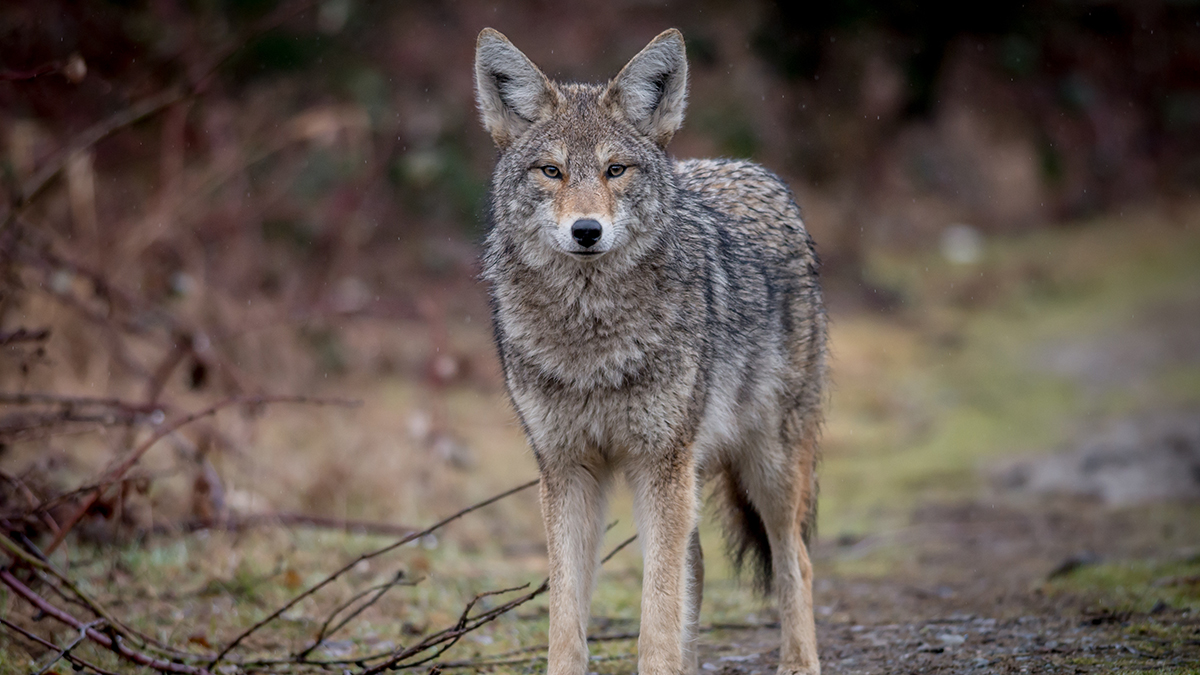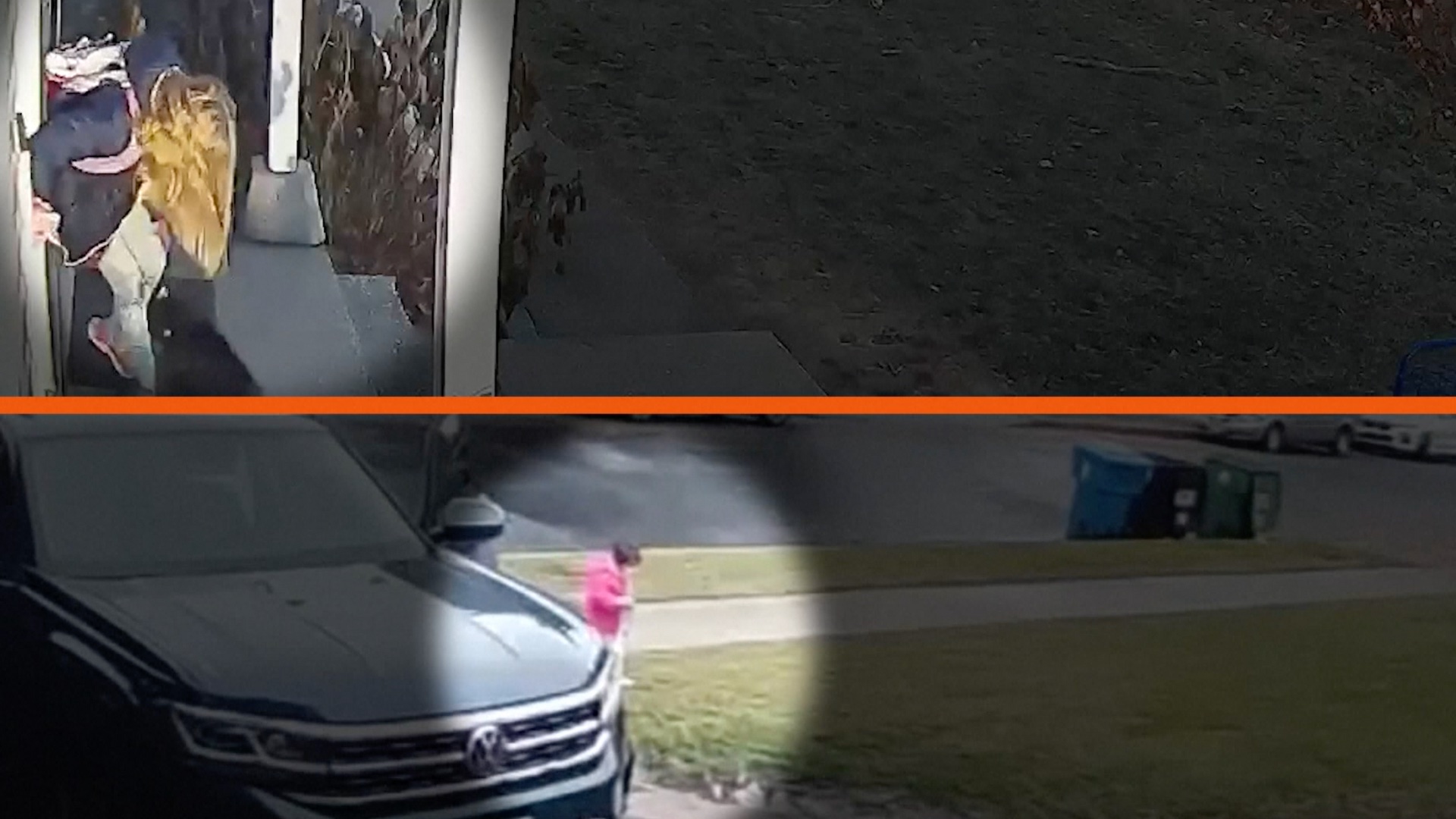It's been two months since officials in Nahant, Massachusetts, announced a plan to kill off habituated coyotes using trained sharpshooters. But pet owners say they are still not seeing much of a difference.
For months, coyotes have terrorized the seaside town, killing countless pets. It became such a public safety threat that back in December, the town signed a contract with the U.S. Department of Agriculture Wildlife Services to help eliminate them.
Residents tell NBC10 Boston they have yet to see any of the sharpshooters, but they are still seeing coyotes.
"As recently as Saturday night, we saw a coyote crossing downtown over to Short Beach," resident Deborah Vanderslice said.
Get Boston local news, weather forecasts, lifestyle and entertainment stories to your inbox. Sign up for NBC Boston’s newsletters.
Vanderslice said she and others have reached out since the plan was announced to ask if the operation has even started and how many coyotes have been removed.
"We really don't get answers from town officials," Vanderslice said.
In a statement, the town of Nahant confirmed to NBC10 Boston that sharpshooters are currently working in Nahant.
"We will not be releasing further information at this time, due to the ongoing nature of this effort and in the interest of public safety," the statement said.
"The stress has just totally changed the quality of life here," said one resident, whose dog, Maggie, was attacked by a coyote in 2021.
A spokesperson for the U.S. Department of Agriculture said the coyote removal will take a few months. The department expects to release more information at the end of the operation.
For now, a lot of pet owners remain on guard. They make their dogs wear coyote vests and carry air horns during walks because they feel they have no choice.
"I hope it gets better. My wish is that we could start walking the dogs at night again especially as the days get longer," Vanderslice said.



